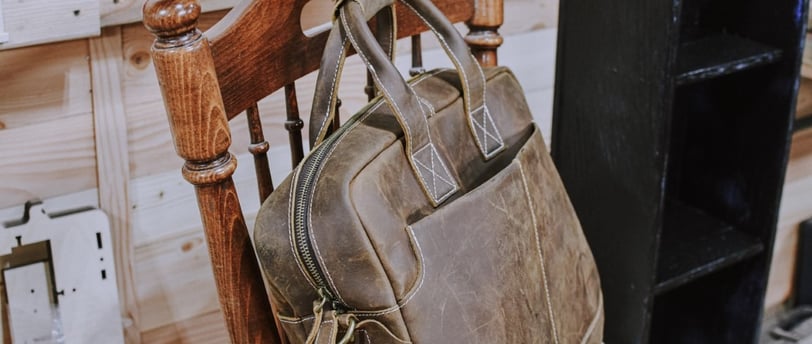Grab YOUR DISCOUNTS NOW!
The Importance of Ethical Sourcing in the Leather Industry
Abubakar Siddique
1/19/20252 min read


Understanding Ethical Sourcing
In recent years, the importance of ethical sourcing in the leather industry has become increasingly significant. As consumers grow more aware of the impact their purchases have on the environment and society, the demand for sustainable and responsible practices rises. Ethical sourcing refers to acquiring materials in a way that is environmentally conscious, socially responsible, and economically viable. This concept is essential in the leather industry, where traditional practices can lead to severe environmental consequences and ethical dilemmas.
The Environmental Consequences of Unethical Practices
Unethical leather production often contributes to serious environmental issues, such as deforestation, pollution, and waste. The production processes involved—ranging from cattle ranching to chemical tanning—can severely impact biodiversity and local ecosystems. Deforestation, particularly in regions like the Amazon, is often driven by the need for more grazing land for cattle. This destruction not only alters landscapes but also increases greenhouse gas emissions. Furthermore, the chemical processes used in tanning leather can result in water pollution that harms aquatic life and contaminates drinking water sources. Understanding these consequences is critical in recognizing why ethical sourcing matters.
Nordhide’s Commitment to Sustainable Practices
Nordhide stands as an exemplary model of ethical sourcing in the leather industry. The company prioritizes sustainable methods, ensuring that every step of the production process respects both the environment and the communities involved. By promoting fair labor and transparent sourcing, Nordhide guarantees that its products align with ethical values. This commitment extends beyond merely avoiding harmful practices; it emphasizes the proactive pursuit of sustainable alternatives that minimize environmental impact. By choosing Nordhide, consumers support sustainable fashion practices that uphold social responsibility while minimizing harm to our planet.
Myths and Realities of Leather Production
There are several myths surrounding leather production that often cloud consumer judgment. One common misconception is that leather is an inherently unethical material. In reality, the leather industry has a vital role in utilizing byproducts from the meat industry. The responsible use of these byproducts helps reduce waste and promotes animal welfare by ensuring that every part of the animal is utilized. Ethical sourcing means that consumers can choose leather products confidently, knowing they are supporting an industry that is learning to utilize resources more responsibly.
Supporting Ethical Choices
By selecting ethically sourced leather, consumers actively participate in the movement toward sustainable fashion. Each purchase can contribute to reducing the environmental footprint of the leather industry and promote fair conditions for laborers. Organizations like Nordhide exemplify the positive change that can occur when businesses commit to ethical sourcing. As awareness increases about the importance of these practices, consumers have the power to influence the market and encourage more brands to embrace sustainable methods.
Quality
Explore our premium leather bags and jackets today.
Style
Craftsmanship
nordcrew@nordhide.com
© 2024. All rights reserved.
